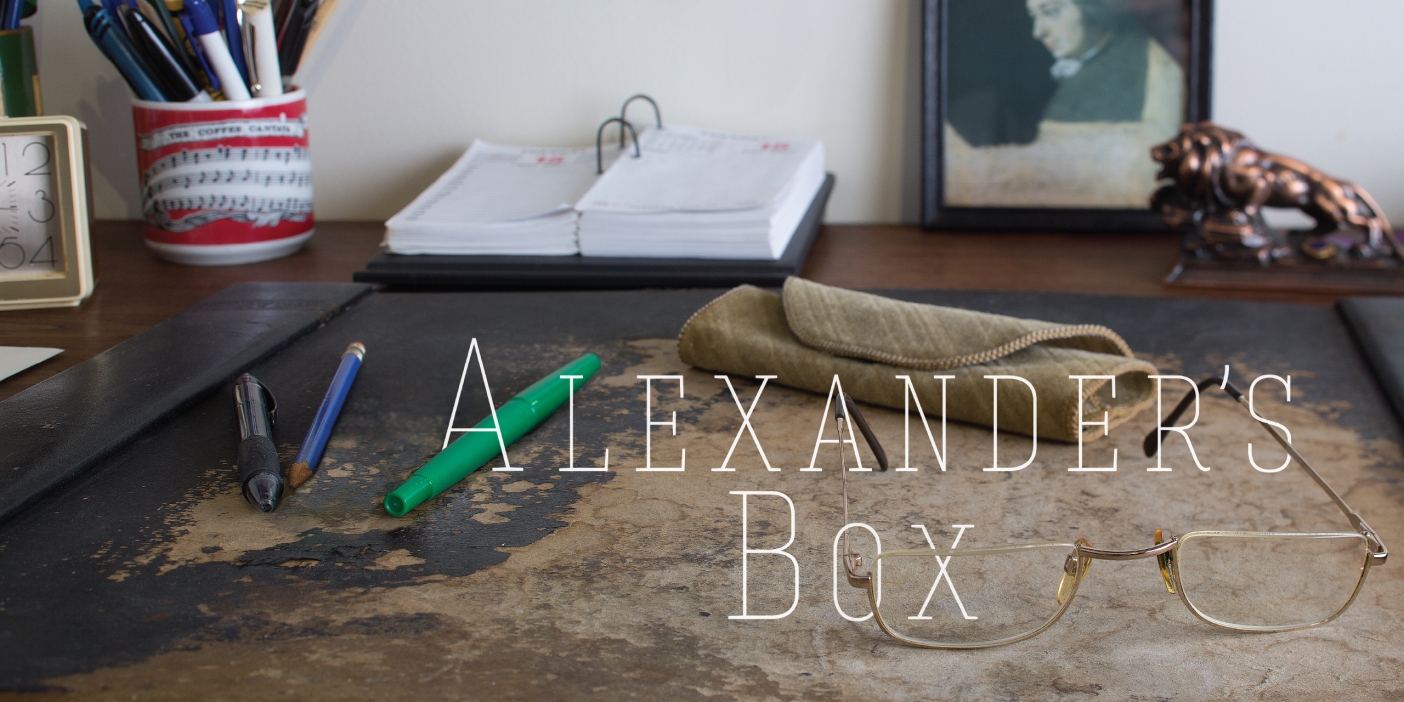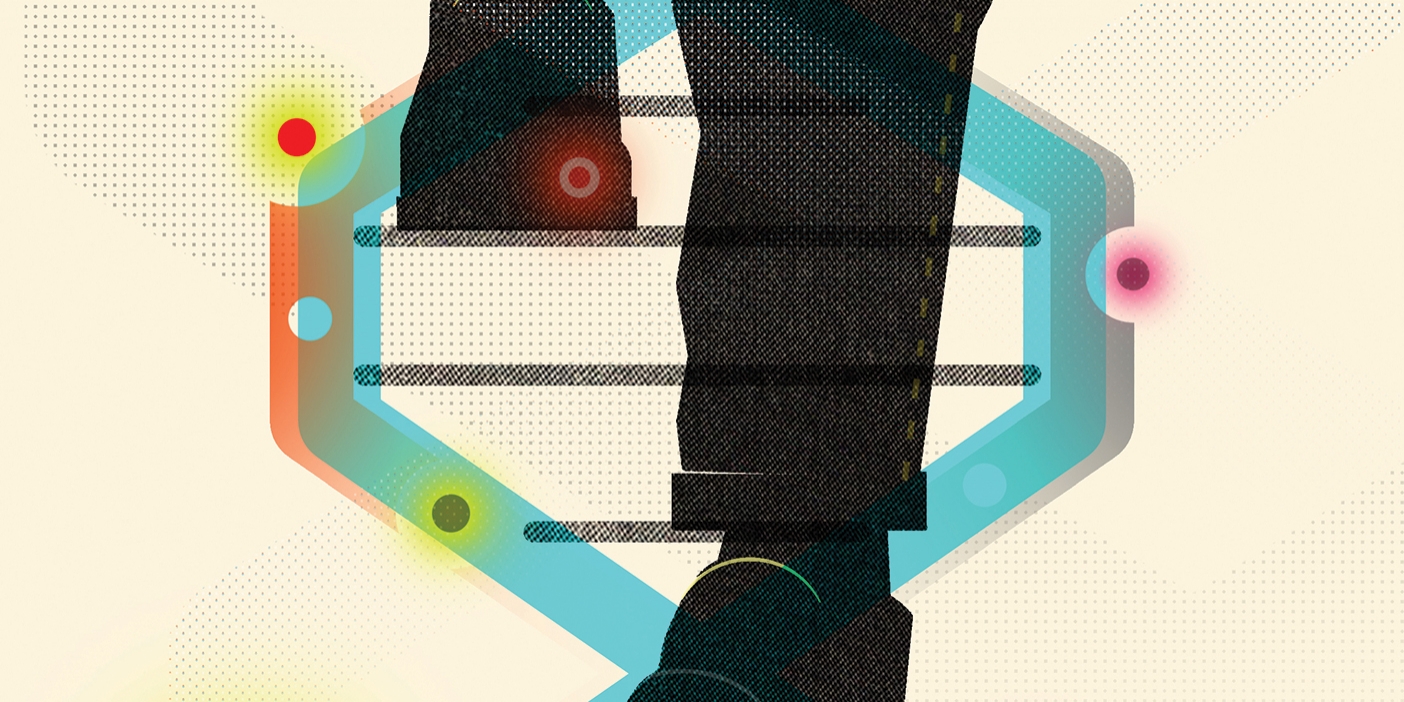
Through campus employment, BYU students have kept the university and their educational pursuits afloat.
Jennifer Smith Izu, ’91, Irvine, Calif.
I was fortunate to inherit my position from two older sisters when the BYU pastry kitchen hired me without an interview. My boss could only remember that I was one of those “Smith girls” and referred to and introduced me as “Emma,” which was fine by me.
On a daily basis, we happily prepared delicacies for the Cougareat, the cafeteria, and almost every catered function on campus. As you can well imagine, there was plenty of “quality control,” which I’m sure contributed to my obligatory “freshman 15.”
I well remember daily entering the dark, damp catacombs of Wilkinson Center Food Services through a nondescript locked door with a secret code. We would prepare for our shift by begrudgingly changing into brown, plaid, zip-front polyester dresses, which I have to believe at some point in time were fashionable. We’d then trudge our way up a narrow spiral staircase and enter the busy, aromatic, brightly lit inner workings of Cougar gustatory preparation.
We were popular, we pastry girls. We enjoyed our notoriety, even though we suspected it was because of our sweet offerings. Nevertheless, food-service matchmaking and frolic abounded. We would find any excuse to take a trip downstairs to flirt with the bakery boys or the commissary guys. We always looked forward to an ascent to the Skyroom with a tray of parfaits in hand and would stop the freight elevator mid-floor to enjoy the humorous grafitti from employees of years past.
Sure, there were challenges to simultaneously holding down a campus job and a full class schedule. Sleeping until the crack of noon was never an option. I left a trail of powdered sugar around campus. Upper management held surprise hairnet checks on a regular basis. And piped-in “Easy Listening of the ’70s, ’80s, and Today” was interrupted only by most-welcome Tuesday devotionals.
However, some of my most enduring friendships were made there, between the mounds of strawberry pies and racks of apricot muffins. It was easy to become close to others who, like me, of little wealth, did whatever was necessary to pay for an education at the best university. Some of my fondest memories of college life were created at this job, which provided my rent, paid for a few books, and funded occasional outings to the Ivy Tower. I’m pretty sure I had the “sweetest” job atBYU.
Tools for Life
James K. Andreasen, ’70, Stafford, Va.
Shortly after arriving in Provo in July 1967 with my wife and our three small children, I went to the BYU student employment center and filled out a job application. My qualifications included being pretty mechanically minded and knowing how to weld. The counselor said they had one job that required those abilities and sent me off to interview with Auxiliary Maintenance. Dick Glazer gave me an interview, then called in Homer P. Carver, ’85, to meet me. Homer thought I could do the job, so I was hired. Campus jobs were paying $1.25 an hour, but Dick hired me at $2.60 because I was older and had quite a bit of experience. I was surprised and pleased.
I remember one of the very first jobs Homer and I did together. There was a water leak at the Iona House, where the missionaries learning Navajo lived. We checked it out and Homer decided that the water heater needed to be replaced. In order to do this, someone was going to have to crawl under the house to disconnect the pipes. Homer led me to the crawl space, gave me a flashlight and a pipe wrench, and said, “Go.” It was dark, damp, and full of spiders, and there was just enough room—if I held my stomach in—for me to squeeze through under the floor joists while lying on my back in the dirt. That was fun.
Homer did a lot of outside work around Provo, and after a while he started giving me some of the extra jobs. It developed into a nice business for me, and I made quite a bit of extra money during the next three years, which we needed because we then had two more children.
One day Homer and I were sitting in the truck, looking out over the campus. He said to me, “You know, Jim, one day you’ll look back on this as the finest time of your life.” We were so poor and so crowded in our little Wyview place that I just couldn’t see how this would ever be true. But looking back many years later, he was absolutely right.
Homer was short of stature but had the heart of a much bigger man. He taught me a lot about plumbing, general home maintenance, and about how to be a better father. Every time I fix something around the house today, I pick up a tool, start working, think about how Homer would do the job, and remember him fondly.
KP at BYU
Brenda Gilbert Johnson, ’94, Round Mountain, Nev.
As a sophomore in the late ’70s, I was told by the BYU Employment Office that there were no more openings for non-secretarial positions. This left me with only one viable option—to beg. I took my problem to the manager of the cafeteria for my dorm, and his reply was “How about a job in the dish room?” I felt he had offered me a scholarship. I was to report for breakfast duty the next day at 5:30 a.m. sharp. Despite the fact that I was not a morning person, I left undaunted and extremely grateful to be employed.
The next morning, in a dress and hairnet that made me look like a cross between the Dutch Girl paint mascot and Ruth Buzzi’s old lady character on TV’s Laugh-In, I set about the task of learning my duties. The two things I noticed first were the deafening sound of rattling dishes and a climate that felt more like Georgia in July than Provo in September. Manning (womanning?) the conveyer belt—pulling paper goods off trays and scraping dishes—was hard only on my feet. Standing over a huge sink scrubbing encrusted breakfast meat off pans the size of Alaska, up to my elbows in an oil slick that rivaled the Valdez disaster, was hard only on my back. But enduring the relentless tirades of our supervisor (an ex-marine?) about the importance of stewardship—which boiled down to “you’re not working hard or fast enough”—was hard on my spirit. I confess that at least once between a double shift on Sunday (the three crews rotated on Sundays), I went downstairs, straddled the locker room bench, laid on my back, and cried.
Two months later, when a position opened up for hostess in the cafeteria, I jumped at it. My job was to keep the condiment table well supplied and to wipe tables. I would have wiped drool off the chins of the cafeteria patrons if they had asked me, I was so thrilled to be out of exile in the dish room.
My experiences in the dish room weren’t all bad. They taught me at least three very important lessons: never wear a hairnet if you can help it; never work for someone you expect is an ex-marine; and, when in doubt, skip breakfast.
Library Learning
J. Carlyle Parker, ’57, Turlock, Calif.
One weekend in 1955 at my family’s home in Roy, Utah, an older brother mentioned that he thought that, because of my love of books and libraries, I should consider becoming a librarian. Taking his advice, I consulted with S. Lyman Tyler, ’52, the BYU Heber J. Grant Library director. He mapped out a suggested strategy; and I thanked him and asked if he had a job in the library that could help me determine if I would like that profession.
In short order I started on the bottom rung, paging books for students out of the Grant’s closed books stacks. I would also file book circulation cards and take a few requests for books to be paged. Almost every day a beautiful redhead, Janet Greene, ’56, would stand across the desk from me as I filed, and we’d visit during the slack time. We were married the next spring.
There was no elevator in the Grant Library, so we had to carry the books from the first stack level to the second and third levels to reshelve. We would place a full book truck by the stairs and carry the books up to a truck on each of the levels above. One snowy evening I was moving books to the upper levels, carrying as many as I could, squeezed together between my two hands like an accordion. As I got to the top of the stairs and in front of the book truck, the books telescoped from the center, overshot the book truck, hit a window, and fell down toward the first stack level. Unfortunately, the first-level window was open, with the top of the frame pulled into the building. The books hit that window and shot outside, tumbling past the window-view desk of a librarian on the first floor, and landing in the snow. As I raced down the back stairs and out the door to retrieve the books, the librarian accosted me with, “What’s going on?” Fortunately, I wasn’t sacked, but I was mighty embarrassed.

Not all student jobs were created equal, according to respondents to a BYU magazine online poll. Jobs as MTC instructor, teacher’s assistants, and lab assistants were most coveted.
During my senior year I was promoted, at 85 cents an hour, to supervisor of the circulation desk and reading room four nights a week; I also served alone at the first-floor reference desk on Saturday mornings.
By and large, students were pretty well behaved. I occasionally walked around the reading room, just to show that someone was in charge. One night I had to come to the aid of student who had an epileptic seizure. Another night I kept the reading room closed after a student blessed the Grant with a beaker full of rotten-egg gas in the afternoon. Several months later I found the beaker while shelving.
My 41-year library career began as a page in the Heber J. Grant Library. My love for my career must have influenced two of our children, Denise Parker Paxton, ’80, and Bret H. Parker, ’86, both of whom became librarians.
Deferred Compensation
Robert G. McKeen, ’86, Farmington, Utah
Having worked my way through Ricks College, I had no intention of doing otherwise at BYU. Along the way, I experienced both ends of the student-job spectrum.
My first job, cleaning the Wilkinson Center from 10 p.m. to 2 a.m., definitely fell on the endurance side of things. However, it wasn’t the job per se that was bad; I was a major league night owl who had cleaned countless toilets in high school. Instead, the problem involved a heavy academic load that began each morning with a 7 a.m. class and a professor who had a low tolerance for tardiness or fatigue. Before long, I realized that if I didn’t leave my job voluntarily, I would probably be terminated—not because of my work but because of my grades.
Thanks to a former missionary companion who was serving as a zone coordinator at the MTC, I swapped cleaning supplies for white shirts and ties as an evening practice-and-review Portuguese teacher, a job that felt like heaven. Not only were the hours perfect, but the thrill of seeing the light go on in missionaries’ eyes when learning occurred was incredibly rewarding, to the point that I often felt guilty at being paid so well to do something I enjoyed so much. Furthermore, the fact that for two months I occasionally ran into a remarkably vivacious and good-looking “Hermana” bound for Peru, whom I had casually known since my time at Ricks College and whose presence seemed to motivate me to be better at everything I did, was a wonderful “fringe benefit.” That those random rendezvous, unbeknownst to me, were laying the foundation for an eternal encounter several years later in the Salt Lake Temple serves as a lasting reminder that, for all the compensation that came with teaching at the MTC, the best parts fell into the category of “deferred.”









